Results
-
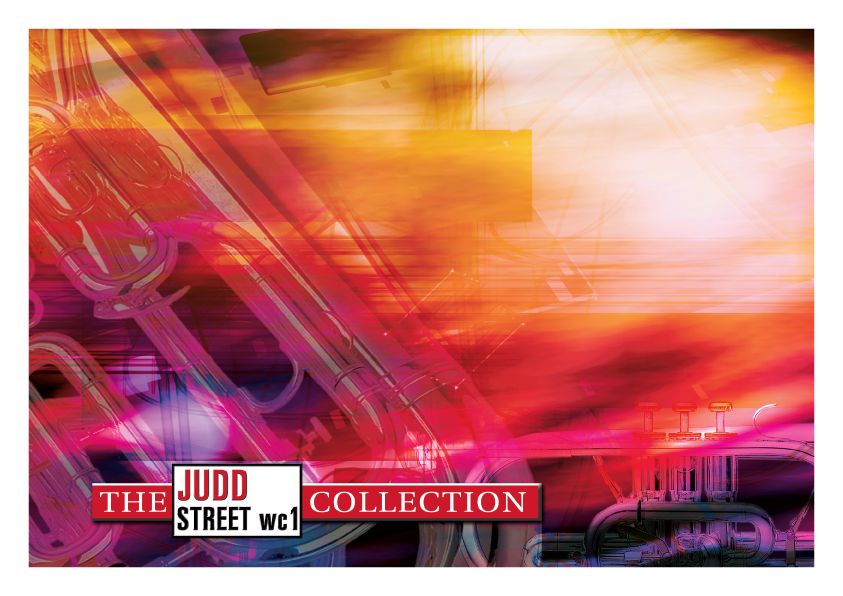 £44.95
£44.95Judd: Excerpts from Polovtsian Dances
Alexander Borodin (1883 - 1887) was a Russian composer who made his living as a chemist. He was a member of the group of composers called "The Five" (or "The Mighty Handful") who were dedicated to producing a specifically Russian kind of art music. He is best known for his symphonies, his two string quartets, and his opera "Prince Igor". The opera contains "The Polovtsian Dances" which is often performed as a stand-alone concert work.
Estimated dispatch 7-14 working days
-
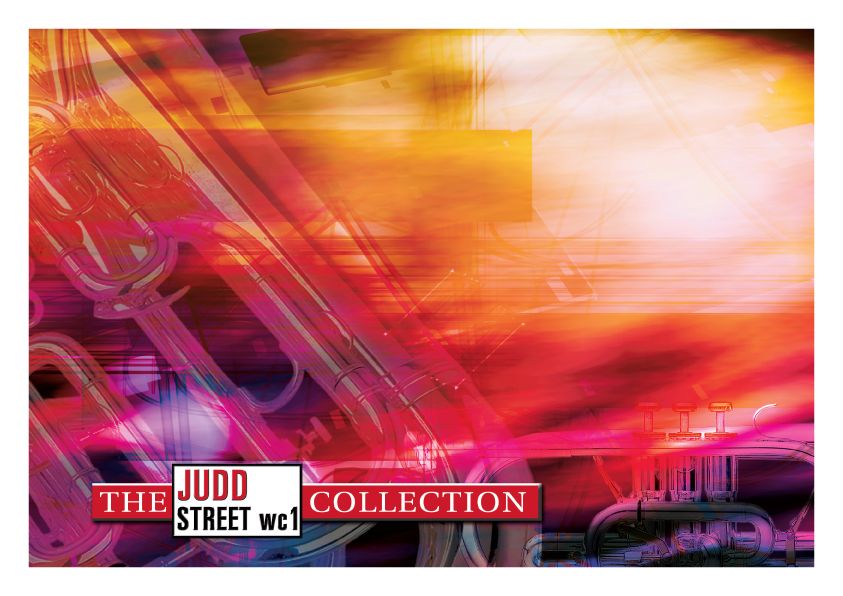 £29.95
£29.95Judd: In Perfect Peace
This sensitive setting of the song 'Thou wilt keep him in perfect peace' is one of the best recent examples of a hymn arrangement, paying full regard to the melodic characteristics and sentiments of the lyrics.
Estimated dispatch 7-14 working days
-
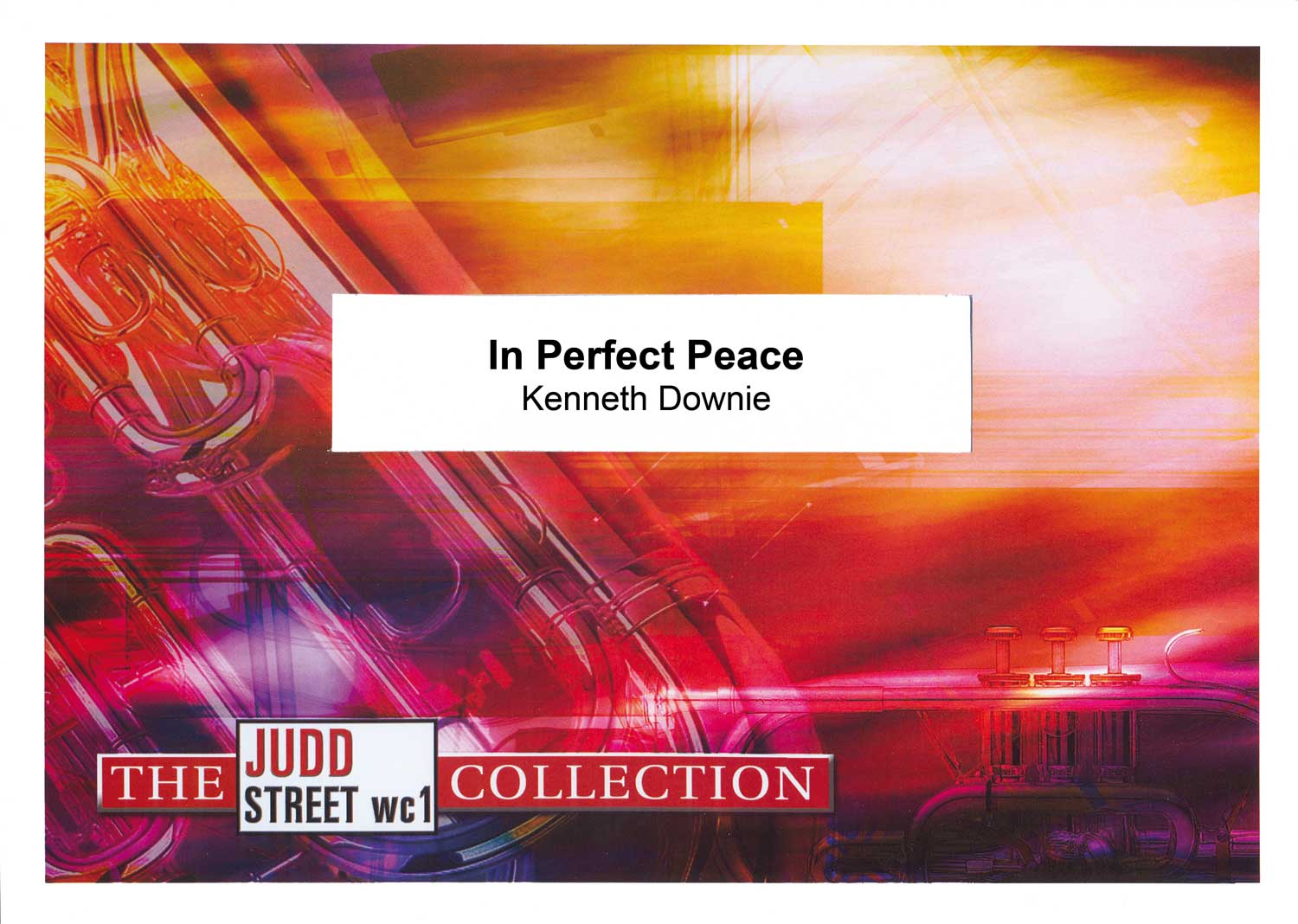 £10.00
£10.00In Perfect Peace (Score Only)
This sensitive setting of the song 'Thou wilt keep him in perfect peace' is one of the best recent examples of a hymn arrangement, paying full regard to the melodic characteristics and sentiments of the lyrics.
Estimated dispatch 7-14 working days
-
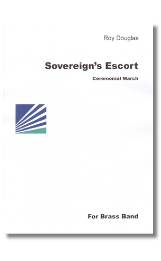 £39.95
£39.95Sovereign's Escort (Score and Parts) - Roy Douglas
Roy Douglas was not only assistant to Ralph Vaughan Williams, Noel Coward, and a host of others, but a composer in his own right. This short ceremonial march for brass band bears all the hallmarks of the best of the English composers. Duration: 3:45
Estimated dispatch 7-9 working days
-
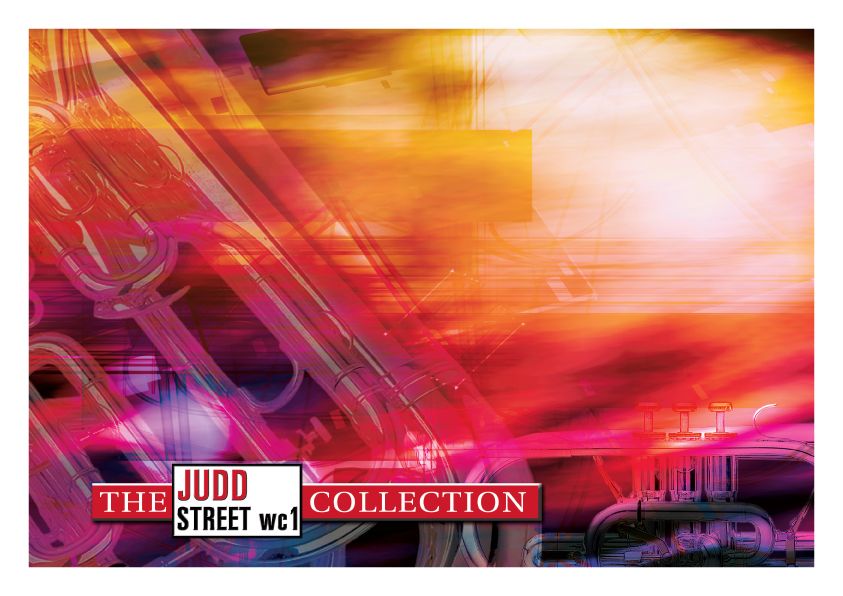 £34.95
£34.95Judd: Celebration
Composed for the 75th anniversary of the ISB in 1965, this music went on to become one of the best known concert marches in the Salvation Army repertoire.
Estimated dispatch 7-14 working days
-
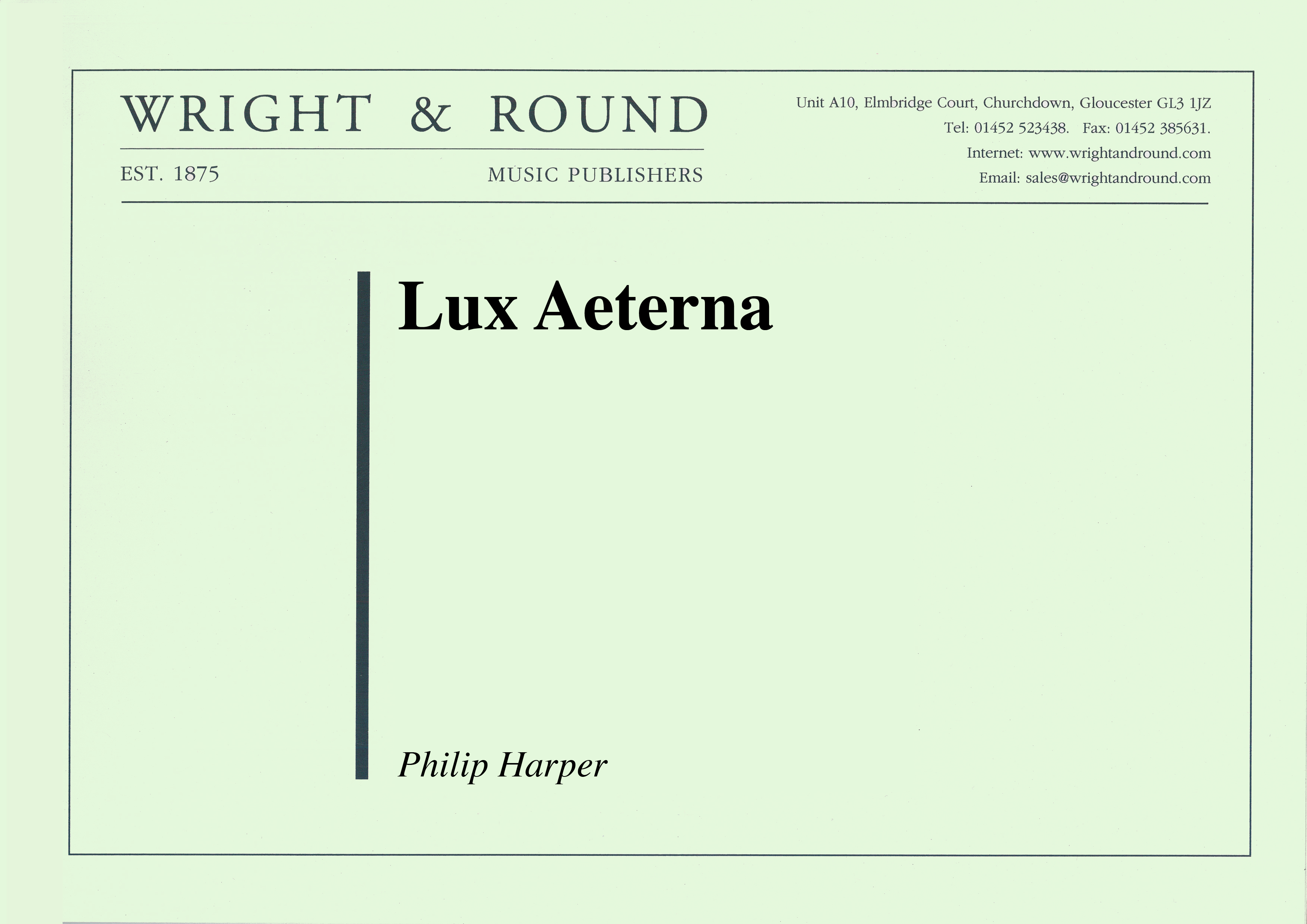 £33.00
£33.00Lux Aeterna (Score and Parts)
The title Lux Aeterna (Eternal Light) can be interpreted on a number of levels. Musically it has a rather mystical feel to it, and the single note with which the piece begins continues uninterrupted throughout, like an inextinguishable flame, or a constant source of hope. There are lyrical and song-like solo lines for cornet, flugel and euphonium. In a recent review Paul Hindmarsh described the piece as a touching new work by Philip Harper that would have got my vote for best new work for its technical ingenuity if not its 'wow factor'.
Estimated dispatch 7-14 working days
-
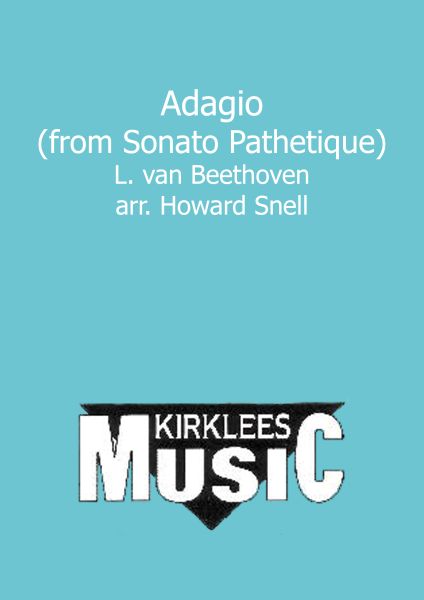 £27.50
£27.50Adagio (from Sonata Pathetique)
In this slow movement from Beethoven's best known early piano sonata, calm and sonorous melodies are interspersed with contrasting passages of moderately agitated music.
Estimated dispatch 7-14 working days
-
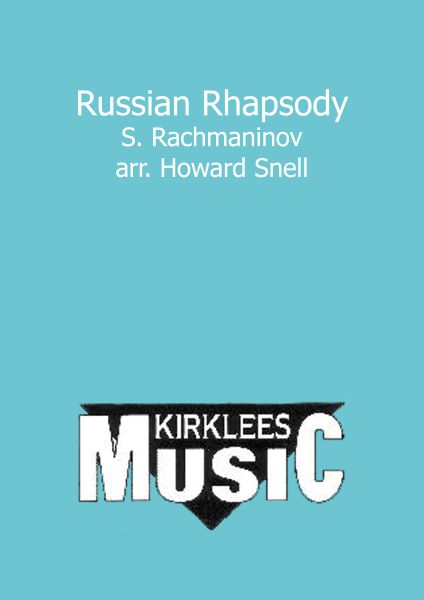 £27.50
£27.50Russian Rhapsody
An early Rachmaninov piece in a very free arrangement best describes this miscellany of melody and dance.
Estimated dispatch 7-14 working days
-
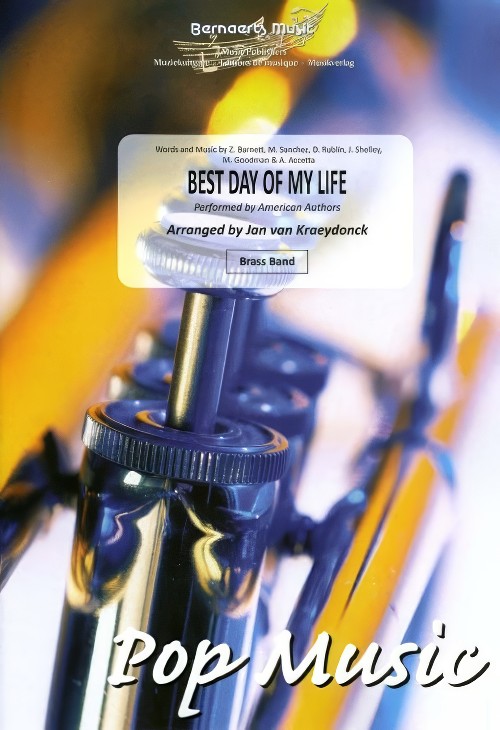 £53.99
£53.99Best Day of My Life (Brass Band - Score and Parts) - Kraeydonck, Jan van
As performed by American Authors. Duration: 3.15
Estimated dispatch 7-14 working days
-
 £26.50
£26.50
